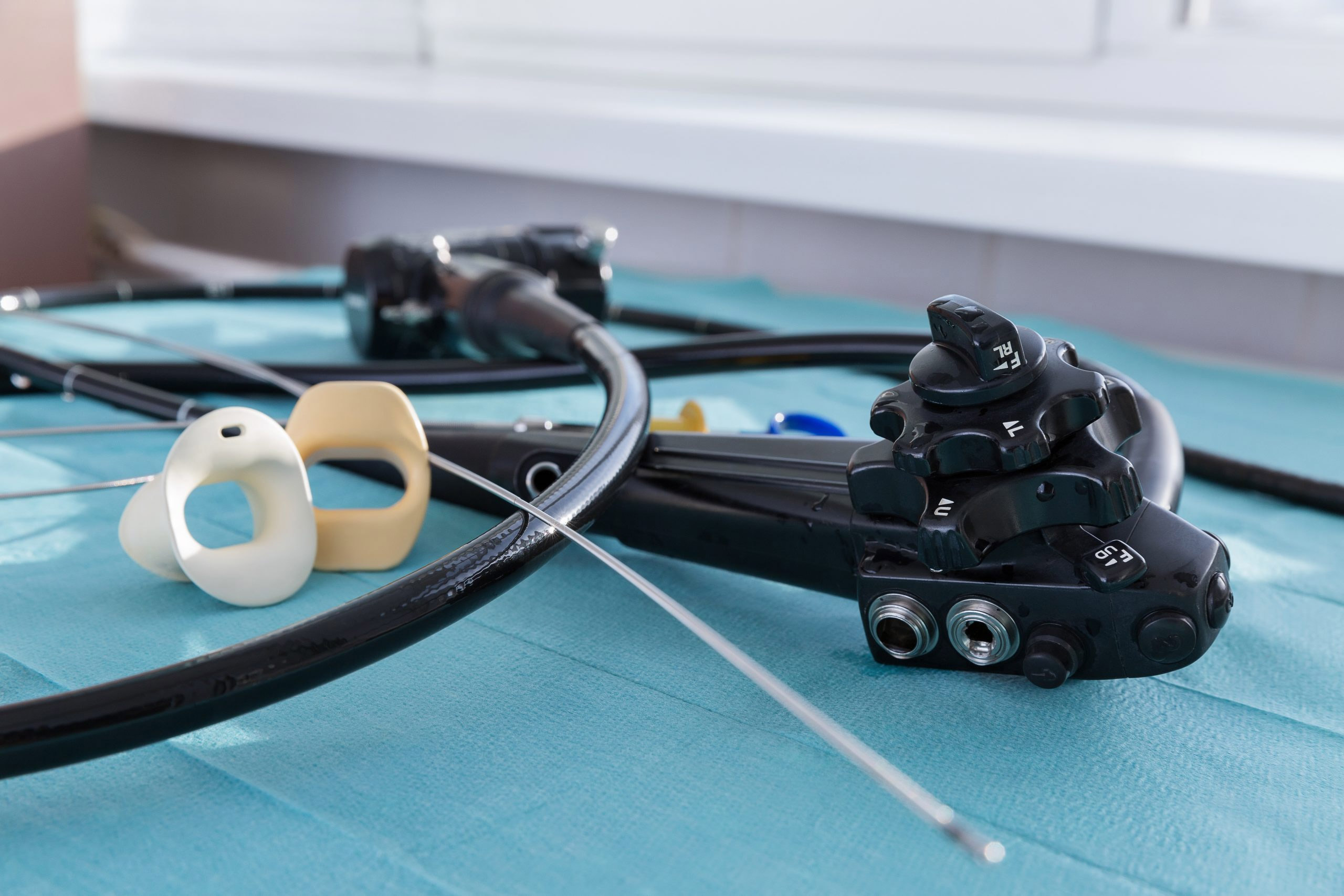
Even before the COVID-19 pandemic’s onset, the infection prevention field faced a looming worker shortage.
That’s why Catherine Kroll, system director for infection prevention at PeaceHealth, is always on the lookout for potential employees.
“Always be recruiting. I am always recruiting and looking for people who are interested in infection prevention. We knew before the pandemic that we were headed into a crisis in infection prevention,” she said recently on the Transmission Control podcast. “As long as I’ve been an infection preventionist, recruiting has been high up on my docket even before I was in leadership because I knew that the field needed good folks coming in and it’s such an amazing field to be in. You don’t know what your day to day looks like and you get to touch basically everything that happens in the hospital or ambulatory setting. It’s a fantastic field.”
The initial crisis, according to Kroll, was due to an aging workforce nearing retirement age. The field was losing a large number of workers even before the pandemic overburdened the entire healthcare industry.
Becker’s Hospital Review recently named staffing challenges as the number one problem keeping hospital CEOs up at night.
Kroll said she looks for the “non-traditional” while recruiting because the best infection prevention teams include people from all different backgrounds. Traditionally, infection preventionists come from nursing, public health, epidemiology, or lab backgrounds. But Kroll has expanded the net to include those in sterile processing or even leadership roles.
The coronavirus pandemic has highlighted the work infection preventionists do, which Kroll says enables doctors and nurses to do what they do – the importance of a clean environment or sterile devices has never been more obvious.
“Nobody is growing up and saying, ‘I want to be an infection preventionist.’ Maybe now they are because of the COVID pandemic, but infection is one of those careers that you kind of stumble into, and that’s certainly how I did it,” Kroll said. “I knew from a very young age that I wanted to be an epidemiologist. I actually, when I was a kid, said I wanted to be either a detective, an FBI agent or a doctor. I’m an epidemiologist, which is a hybrid of all three of those. I get to investigate the outbreaks, figure out where they’re coming from and stop it.”
Throughout the pandemic, hospitals had to implement innovative approaches to soften staffing shortages, from aggressive recruiting programs to bonuses. Labor shortfalls impacted medical device companies, as well, by dragging down procedure volumes at a time when the U.S. and other countries were getting better at managing COVID-19 surges.
In response, medical device companies have been getting innovative. Endoscopy companies, for example, are touting single-use scopes as a tool to address staffing shortages: Flexible bronchoscopes and cystoscopes, made by companies such as Boston Scientific Corp. and Ambu A/S, are always available and are sterile straight from the pack.
This means that, unlike traditional endoscopes, they don’t require extensive staffing — for preparation, transport, reprocessing, and often direct procedure support. They can be simply used once and discarded. That dovetails with efforts by hospital administrators to alleviate workflow burdens on healthcare professionals.


